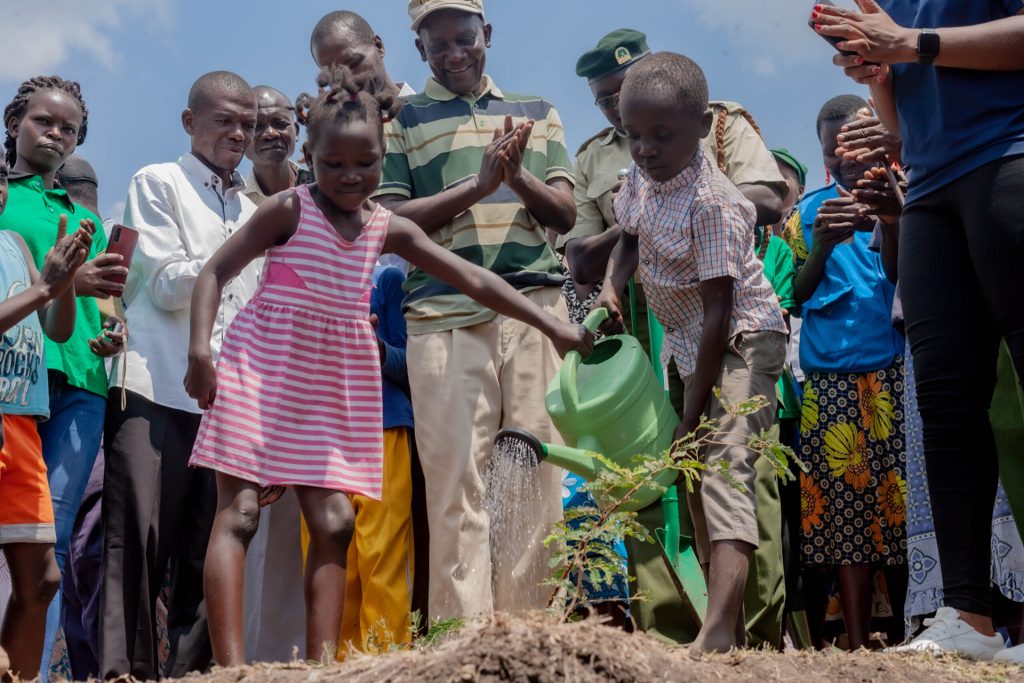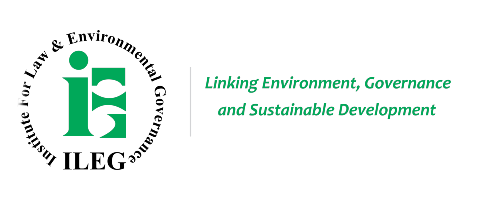OUR PROJECTS
Project Name
From Rhetoric to Genuine Pursuit of Transparency and Accountability in Kenya’s Extractives Sector: Policy Brief No. 4 of 2018
Program
Land & Natural Resources (Past Projects)
Duration
2020
Donor
ILEG
PROJECT OVERVIEW
Transparency and accountability are a central pillar of the good governance framework required to catalyze the extractive sector’s contribution to Kenya’s socio-economic development. Indeed, the need for greater accountability in Kenya’s extractive sector is well acknowledged by all stakeholders including government, oil and gas and mining companies and local community members. But despite this widespread recognition, concerns over lack of openness, free flow of information, secrecy of mining and oil & gas contracts and accountability issues abound in the sector. This has led to perceptions that there is more rhetoric than actual work to expand extractive sector transparency and accountability in Kenya.
It is against this backdrop that the 10th Extractive Sector Forum (ESF) sought to unpack the meaning of transparency and accountability from the different extractive sector stakeholder perspectives, clarify key issues for transparency and accountability, and bring stakeholders to a common understanding. The ESF also sought identify practical solutions and ways to meaningfully improve transparency and accountability in Kenya’s extractive sector. This Policy Brief highlights the discussions and recommendations from the forum. The discussions are centred on four key issues: the role of global and regional voluntary mechanisms for transparency and accountability; the legal and policy framework for transparency and accountability in Kenya’s extractive sector; political will to realize transparency and accountability; and role of the media in promoting transparency and accountability. Recommendations include: encouraging civil society organizations to keep putting pressure on the government to implement voluntary mechanisms for transparency and accountability, as well as encouraging the government to demonstrate its commitment to improving transparency and accountability in the sector.
STORY BOARD
Completely synergize resource taxing relationships via premier niche markets. Professionally cultivate one-to-one customer service with robust ideas. Dynamically innovate resource-leveling customer service for state of the art customer service. Objectively innovate empowered manufactured products whereas parallel platforms.
Holistically predominate extensible testing procedures for reliable supply chains. Proactively envisioned multimedia based expertise and cross-media growth strategies. Seamlessly visualize quality intellectual capital without superior collaboration and idea-sharing. Holistically pontificate installed base portals after maintainable products completely pursue scalable customer service.

PROJECT OUTCOME
Completely synergize resource taxing relationships via premier niche markets. Professionally cultivate one-to-one customer service with robust ideas. Dynamically innovate resource-leveling customer service for state of the art customer service. Objectively innovate empowered manufactured products whereas parallel platforms.
Holistically predominate extensible testing procedures for reliable supply chains. Proactively envisioned multimedia based expertise and cross-media growth strategies. Seamlessly visualize quality intellectual capital without superior collaboration and idea-sharing. Holistically pontificate installed base portals after maintainable products completely pursue scalable customer service.
PROJECT LOCATION
Completely synergize resource taxing relationships via premier niche markets. Professionally cultivate one-to-one customer service with robust ideas. Dynamically innovate resource-leveling customer service for state of the art customer service. Objectively innovate empowered manufactured products whereas parallel platforms.
Holistically predominate extensible testing procedures for reliable supply chains. Proactively envisioned multimedia based expertise and cross-media growth strategies. Seamlessly visualize quality intellectual capital without superior collaboration and idea-sharing. Holistically pontificate installed base portals after maintainable products completely pursue scalable customer service.

20+ orphanage visit in 2 months
Lorem ipsum dolor sit amet, consectetur adipiscing elit. Ut elit tellus, luctus nec ullamcorper mattis, pulvinar dapibus leo.
230 People Have donated
Lorem ipsum dolor sit amet, consectetur adipiscing elit. Ut elit tellus, luctus nec ullamcorper mattis, pulvinar dapibus leo.
30+ people joined
Lorem ipsum dolor sit amet, consectetur adipiscing elit. Ut elit tellus, luctus nec ullamcorper mattis, pulvinar dapibus leo.
1.2m Raised for this initiate
Lorem ipsum dolor sit amet, consectetur adipiscing elit. Ut elit tellus, luctus nec ullamcorper mattis, pulvinar dapibus leo.
"The job market of the future will consist of those jobs that robots cannot perform. Our blue-collar work is pattern recognition, making sense of what you see. Gardeners will still have jobs because every garden is different."
Organization
About Us
Team
Contact Us
Careers
Feedback Form
Whistle Blow
What We Do
Climate Change, Water, & Energy
Community Development
Environment, Democracy & Justice
Land Resources & Equity
Science, Technology & Innovation
Resources
Blog
Articles & Publications
News
Events
Quicklinks
AFR 100
Nairobi Site
ILEG Siaya Resource Centre (ISCRC)
Extractive Sector Forum (ESF)
Donate
ILEG is an independent, non-profit public interest law and policy organization focused on promoting sustainable development. We work with local communities, governments, the private sector and civil society organizations (CSO’s) to ensure fair, balanced and equitable development policy choices to improve peoples’ lives and protect the environment.
© 2024 ILEG KENYA All Rights Reserved | Terms of Service | Privacy Policy
